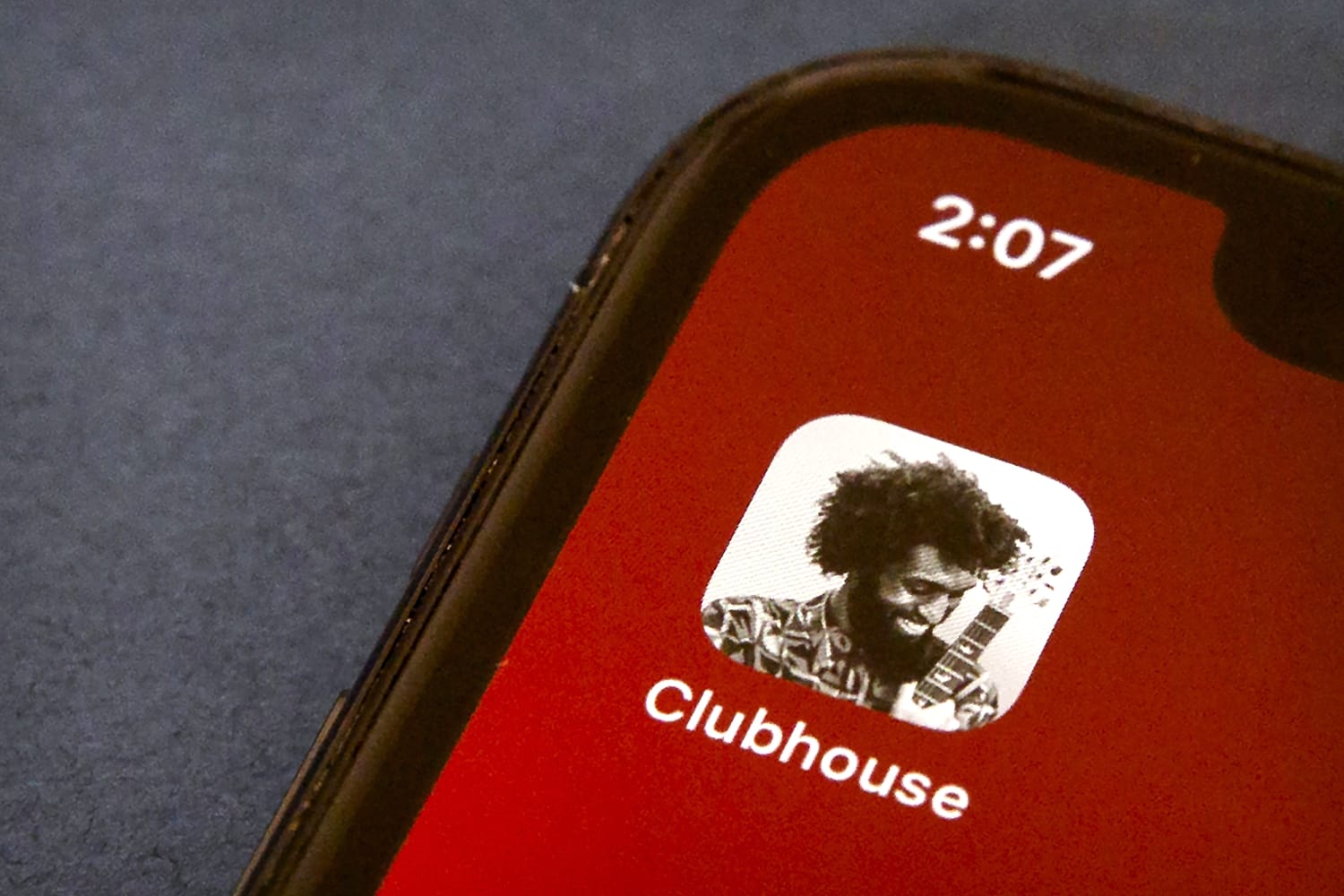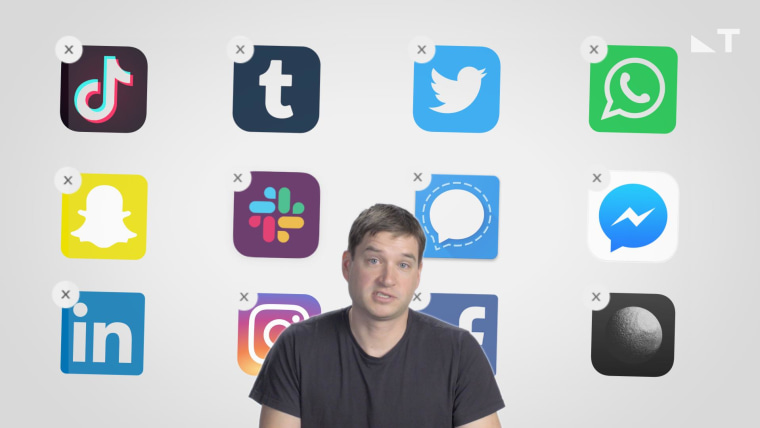Clubhouse — the new social media platform based on live audio conversations — began as a space dominated by Silicon Valley and tech influencers. But it has steadily grown over the last few months into a broader platform that now hosts everyone from U.S. billionaires to Chinese dissidents. Talks by Bill Gates and Elon Musk have captured the attention of many, and the app now boasts 10 million global installs. Amid the buzz, the space has reminded us of the internet’s original promise in terms of collaboration and community. But it’s also showing us the depressing limitations of social media as we currently use it.
You can only join Clubhouse if you are invited, and it is all based on phone contacts, grounding it in real-life relationships — at least to start.
Clubhouse looks and feels completely different from other social media platforms since there is little text, no pictures (apart from profile pictures, which are optional) and no videos.
What remains is something in between a phone call and a webinar, where users can browse virtual rooms, raise their hand if they want to talk (permission must be given) and “leave quietly” if they aren’t enjoying the conversation.
You can only join Clubhouse if you are invited, and it is all based on phone contacts, grounding it in real-life relationships — at least to start. As well as being used by friends or colleagues who want to stay in touch, it also allows strangers to exchange ideas around shared interests. At any time, you can see who invited a user to the app, creating a type of social trust that doesn’t exist on other platforms.
This is all unique, at least for now. I hope that Clubhouse can show the big social media platforms — and its current growth trajectory suggests the app could one day become one of them — what we really want from social media. But I doubt that the exclusivity and trust that Clubhouse was originally built on can scale, unless the way we use social media completely changes.
I’ve been on Clubhouse since October — I was invited by an early member. But even in these past five months, I have felt the slow creep of the internet troll and misinformation agent seeping into the platform. If Clubhouse and others want to preserve and scale the magic of the early days (where there was a sense of exclusivity and intimacy to conversations), they should start treating online spaces more like physical ones. It needs to create more filters that guide and limit unacceptable behavior. And there has to be a way for the community to hold itself accountable.
Clubhouse’s founders will be as keen as anyone to hold onto what makes it special. After its latest funding round, Clubhouse could be worth up to $1 billion.
Those big players have all benefited from the isolation of lockdown, but it is Clubhouse’s sense of community and authenticity that stands out.
Those big players have all benefited from the isolation of lockdown, but it is Clubhouse’s sense of community and authenticity that stands out. By allowing users to derive meaning from the intonation and rhythm of speech, and to feel that they are part of a fireside chat — rather than a town hall — it has captured the moment.
But how big can the fire get before the chat becomes a scattering of strangers? With invites In China being sold for up to $77, many around the world want to join. But the model is based on existing users choosing to invite only those who will benefit from, and add value to, the Clubhouse community. If invites regularly get bought and sold, that mutual benefit model collapses.
Clubhouse also hasn’t needed to make money yet — it is still existing solely on venture capital cash. When it is forced to take the training wheels off, it will struggle to maintain its identity. Meanwhile Twitter has launched its own social audio platform, Twitter Spaces. Others will likely be close behind.
This scalability problem is already causing serious problems. The more I use Clubhouse, the more I see people ejected from rooms for either racist or sexist comments, or for shameless self-promotion.
Is there a way to save it, before it becomes just another Facebook, awash in misinformation, or Twitter, currently under fire for yet another wave of harassment targeting female journalists?
Simply, we need to demand the same standards of behavior online that we would expect in brick-and-mortar locations. Blocking an anonymous user isn’t enough — they can just create another account. Maybe we need to block the person who recommended them, too. This would help to get around the pay-for-invite model.
Getting your friends, as well as yourself, barred would add extra social pressure. This works in real life, and it maybe can work online: If your plus-one at a club started a fight, you would expect to be kicked out with them.
Another solution is to increase accountability. We can address the trolling that anonymity enables by doing something else that a club does: ask for identification. To address privacy concerns, this could be held centrally by a trusted third party, and not by each platform (Clubhouse is already sparking privacy concerns).
This ID requirement already applies to certain types of online behavior, like running political ads on Facebook.
A final option is to remember that almost no good thing is totally free forever. And the assumption that social media should always be free may ultimately be breaking it.
Clubhouse could either be a blip in social media’s current trajectory, or a teachable moment that allows the whole industry to change course.
I hope it is the latter.
Source: | This article originally belongs to Nbcnews.com










